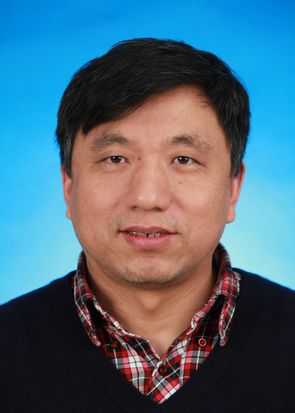Principal investigatorName: Xiangyin KongDistinguished Adjunct Professor from CAS , PhD, Distinguished Adjunct Professor from CAS
Position: Affiliation: School of Life Science and Technology/ Shanghai Institute for Nutrition and Health, CAS
Honor: Education Background:
Working Experience:
Group Introduction Research Area:
Disease Susceptibility Gene Identification and Functional Studies
Research Interests:
My lab concentrates on the exploration of the genetic basis of human diseases. Through classic molecular cytogenetic techniques, genomics, epigenetics, bioinformatics, cell biology and model organism, we accomplished various systematic and original works and achieved multiple significant results in the field of disease genes identification and function exploration. Based on the traditional positional candidate cloning strategy, we identified multiple genes associated with human single gene diseases (Nat Genet, 2001; Nat Genet, 2002; Genomics, 2002; Am J Hum Genet, 2010; J Mol Cell Biol, 2014). Relied on dry-wet combination experiments, we set up an effective statistic and analytic method to identify the core functional variants in the genome of complex diseases (PLoS Genet, 2011; PLoS One, 2010). Further, we have found a series of new rules for gene expression regulation (Genome Biol, 2008; Genome Biol, 2009; Genome Biol, 2009; Cell Res, 2010; Mol Biol Evol, 2013; Nucleic Acids Res, 2014). These studies provide a solid foundation for further illumination of diseases related mechanisms and development for therapeutic drugs. Our proceedings also presented new thoughts for the study on related diseases. Our group published more than 120 papers, and at the same time has been awarded four international patent grants and five national patent grants. Our research achievements have been awarded one national and two provincial major prizes including the second prize of National Natural Science Award, top and second prize of Shanghai Natural Science Award.We are now using integrative multi-omics approaches to unravel mechanisms of tumor initiation and progression. By integrative analyses of multi-omics data, we expect to obtain an in-depth understanding of cancer biology, and contribute our effort to precision medicine by finding new avenues to targeted cancer therapies. Research AchievementRepresentative Publications (*First Author, # Corresponding Author)
MonographPatentFundingAwardsResearch AchievementGroup Member and Photo |



